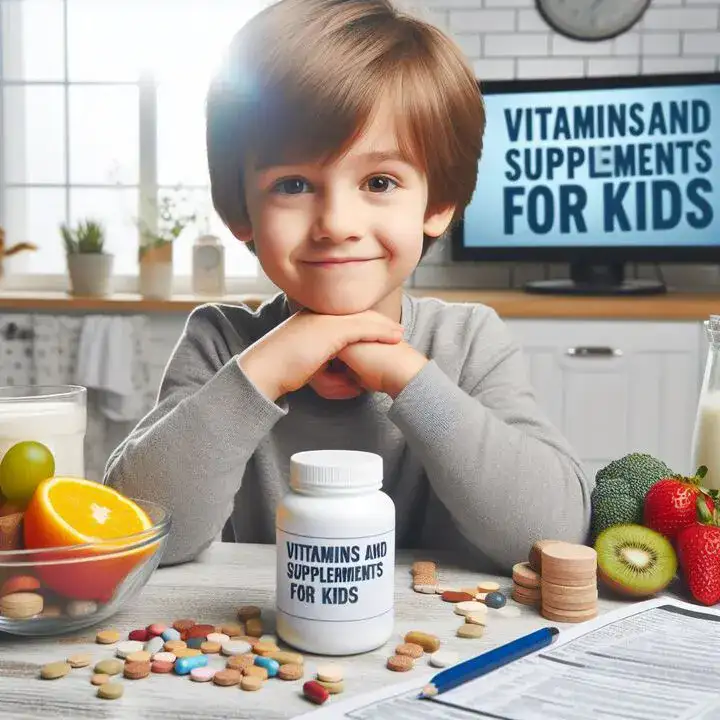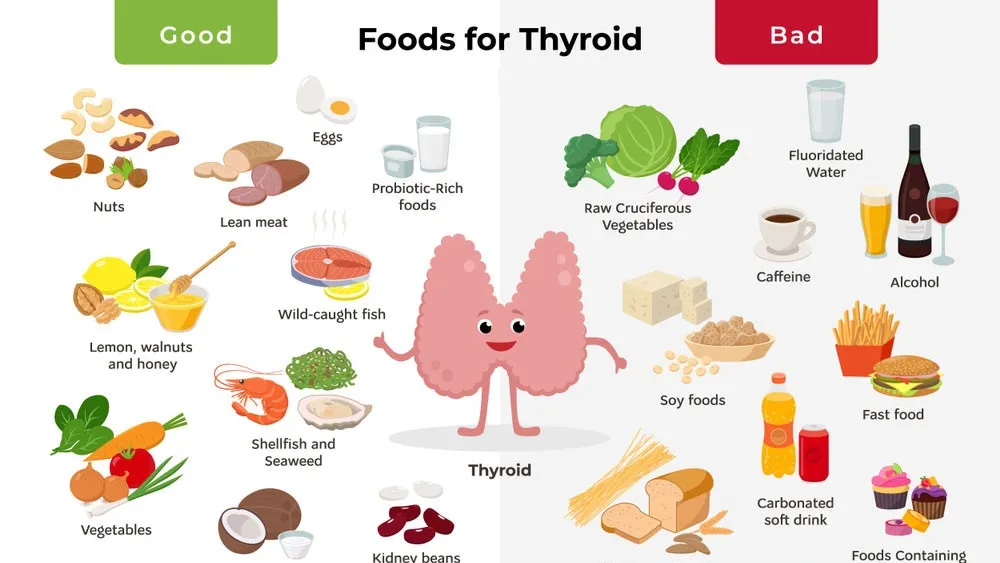
Introduction
Ensuring children receive adequate nutrition is essential for their growth, development, and overall well-being. While a balanced diet is the foundation of good health, some children may benefit from additional vitamins and supplements to meet their nutritional needs. In this article, we’ll explore the importance of vitamins and supplements for kids’ health and discuss some commonly recommended options.
Understanding Children’s Nutritional Needs
Children have unique nutritional requirements to support their rapid growth and development. Essential vitamins and minerals play critical roles in various bodily functions, including immune function, bone development, and cognitive growth. Meeting these nutritional needs is crucial for ensuring children reach their full potential both physically and mentally.
Common Vitamins and Supplements for Kids
Several vitamins and supplements are commonly recommended for children to support their overall health and well-being. These include:
-
Vitamin A: Supporting Vision and Immunity
Vitamin A is essential for maintaining healthy vision, supporting immune function, and promoting cell growth and differentiation. It can be found in foods like carrots, sweet potatoes, spinach, and dairy products.
-
Vitamin D: Essential for Bone Health
Vitamin D plays a vital role in calcium absorption and bone mineralization, making it crucial for bone health and development. Children can get vitamin D from sunlight exposure, fortified foods, and supplements.
-
Vitamin C: Boosting Immune Function
Vitamin C is a powerful antioxidant that supports immune function and helps the body fight off infections. It can be found in citrus fruits, strawberries, bell peppers, and broccoli.
-
Omega-3 Fatty Acids: Brain Development
Omega-3 fatty acids, particularly EPA and DHA, are important for brain development and cognitive function in children. They can be found in fatty fish like salmon, walnuts, and flaxseeds.
-
Iron: Preventing Anaemia
Iron is necessary for the production of haemoglobin, which carries oxygen in the blood. Iron deficiency can lead to anaemia and impaired cognitive function in children. Good sources of iron include red meat, poultry, beans, and fortified cereals.
-
Calcium: Building Strong Bones
Calcium is essential for building strong bones and teeth, especially during childhood and adolescence when bone growth is at its peak. Dairy products, leafy greens, and fortified foods are excellent sources of calcium.
-
Probiotics: Supporting Gut Health
Probiotics are beneficial bacteria that promote healthy digestion and support immune function. They can help prevent gastrointestinal issues and reduce the risk of infections in children. Probiotics can be found in yogurt, kefir, and fermented foods.
Supplements for Picky Eaters
Some children may be picky eaters and have difficulty meeting their nutritional needs through diet alone. In such cases, paediatricians may recommend supplements to fill nutritional gaps and ensure adequate intake of essential vitamins and minerals.
Safety and Dosage Guidelines
When considering vitamins and supplements for children, it’s essential to prioritize safety and follow recommended dosage guidelines. Excessive intake of certain vitamins and minerals can be harmful, leading to toxicity and adverse health effects. Parents should consult with a paediatrician before starting their children on any supplements.
Consulting a Paediatrician
Ultimately, the decision to supplement should be made in consultation with a paediatrician or healthcare provider. A healthcare professional can assess a child’s individual nutritional needs, recommend appropriate supplements if necessary, and monitor their health and development over time.
Conclusion
In conclusion, vitamins and supplements can play a valuable role in supporting children’s health and well-being, especially when dietary intake may be inadequate. While a balanced diet should always be the primary focus, supplements can help fill nutritional gaps and ensure children receive essential nutrients for optimal growth and development. By understanding the specific nutritional needs of children and consulting with a healthcare professional, parents can make informed decisions about supplementation and help their children thrive.
FAQs about Vitamins and Supplements for Kids
-
Can I give my child multivitamins every day?
– While multivitamins can be beneficial for children who may not get enough nutrients from their diet, it’s important not to exceed recommended dosages. Consult with a paediatrician before giving your child multivitamin supplements.
-
Are there any vitamins my child may not need?
– Not all children require supplementation, especially if they have a balanced diet that includes a variety of nutrient-rich foods. However, certain vitamins like vitamin D and iron may be recommended for children at risk of deficiency.
-
Can children get enough vitamins and minerals from food alone?
– In an ideal world, children would meet all their nutritional needs through diet alone. However, picky eating habits, food allergies, and other factors may make it challenging for some children to get enough nutrients from food, necessitating supplementation.
-
What are the risks of giving children too many vitamins or supplements?
– Excessive intake of certain vitamins and minerals can lead to toxicity and adverse health effects. For example, too much vitamin A can cause nausea, vomiting, and even liver damage. It’s crucial to follow recommended dosage guidelines and consult with paediatrician.
-
Are there any natural alternatives to supplements for children?
– While supplements can be helpful for filling nutritional gaps, many essential vitamins and minerals can be obtained through a balanced diet. Encouraging children to eat a variety of nutrient-rich foods can help ensure they get the vitamins and minerals they need naturally.
-
At what age can children start taking supplements?
– The age at which children can start taking supplements varies depending on the type of supplement and individual health needs. In general, it’s best to wait until children are older and eating a variety of solid foods before introducing supplements. Consult with a paediatrician for personalized recommendations.





